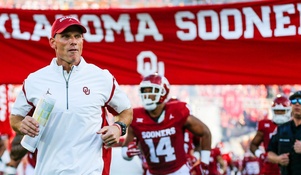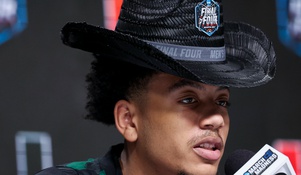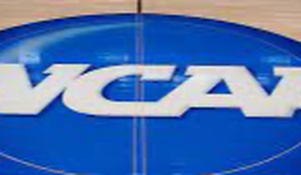The Complex Challenge of College Sports Betting Among Student-Athletes
The recent decisions by Villanova, St Joseph and Purdue to ban their students from placing bets on their schools’ teams caused some controversy around the NCAA. Also, there are many other universities that are still trying to find a possible middle ground about this complex issue. However, these two different approaches caused a certain level of uncertainty about which way is the right one. Moreover, the current bylaws have shown that they have a limited impact. Therefore, in this article I wanted to analyze both sides of this complex issue.
Limited Impact
The National Collegiate Athletic Association has long enforced a long term restriction for placing sports wager. And that rule impacted many people connected to college sports, including players, coaches and organizers. Moreover, many student-athletes have been warned that they could lose their opportunities to play if they are involved in betting.
However, this approach had a limited impact as these regulations do not apply to every student or university employee. According to an NCAA research study in 2016, almost a quarter of male athletes defied and took part in gambling. Therefore, it is safe to say that these bylaws did not have the expected impact. That is why many individual campuses took active steps to make their own rules to keep up with the current betting affairs in their respective states.
Lack of Consensus and Different Approach
The decision of the United States Supreme court to legalize sports betting resulted with a rapid rise in placing bets on the NCAA. Therefore, some of the colleges were forced to quickly adapt to certain policies in order to control a lawful activity so explicitly linked to the performances of their students.
For example, in Mississippi the university took a different approach as it sent state gambling regulators names for a “watch list” for big bets. Additionally, Iowa colleges put focus on simply teaching their athletes about the longstanding, narrowly applied rules on sports wagering. However, universities in Pennsylvania and Indiana strictly banned their students and employees from placing bets on their schools' athletics sports events.
On the other side, there are colleges and universities that have different views on this controversial issue. For example, Penn State has not adopted any additional measures. According to, Penn State spokeswoman Lisa Powers, the reputed university has no plans to introduce some sort of a ban. However, they will actively increase their educational efforts
Therefore, it is safe to say that there is no real consensus among colleges and universities about how to approach this complex issue.
The Bottom Line
All in all, these recent decisions of Villanova, St Joseph and Purdue to ban their students from placing bets on their schools remains a complex topic. But the different approach of many colleges and universities just shows that higher education is not known for being a really fluid environment. Yet, the potential participation of student-athletes in gambling requires a lot of attention. And the universities should stay open-minded to learn and correct.


